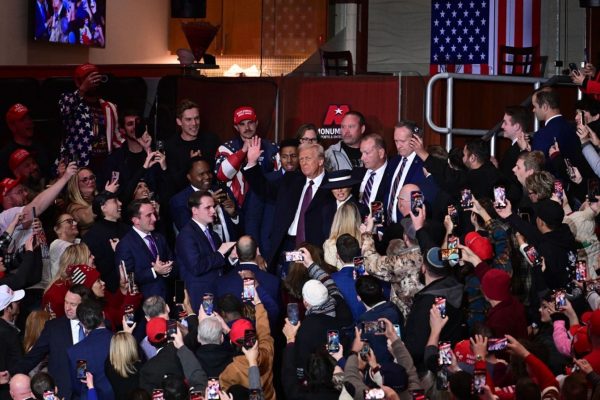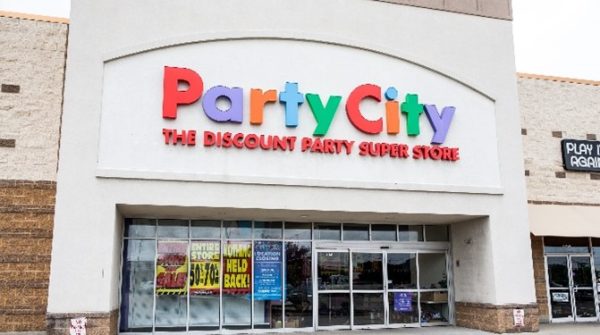Brief Review of the Midterms and What Has Changed
The midterms are a group of elections that take place in between presidential elections. These may range in size but always result in the election of some very important officials. These include positions such as state senators, representatives, governors, and national senator. They are commonly seen as an unofficial poll of how the nation thinks the President is doing, as they can vote for or against his or her party.
Few midterms have carried such importance and had such intense media coverage as the one that took place in November. This is in part due to many candidates being young and engaging, making people of all generations eager and willing to vote.
In fact, this past midterm, there was a greater number of voters than ever before in US history, especially when compared to the midterms under previous administrations.
These recent elections have been ground-breaking in many aspects, showing social change that has not happened at such levels before. These include the largest number of female representatives in Congress that America has ever seen. Although this number is still not proportionate to the number of women in this country, (female representatives only account for 20%) it is still a large mark of progress over previous years.
In other changes, the state of Colorado elected its first openly gay governor, making him the first US governor as an open member of the LGBTQ community.
Outside of the social strides made during this election, the most obvious change was that there was a shift in control in the House, as Democrats gained more seats than Republicans, changing Congress from a completely red branch, to one that is split.
This change could mean many things, but it mostly gives the Democrats a greater amount of power in the government as they now have the power to stop bills from being passed and are no longer a minority. It could also make any goals that the President has much harder to achieve as the House could block certain funding, potentially shutting the government.



